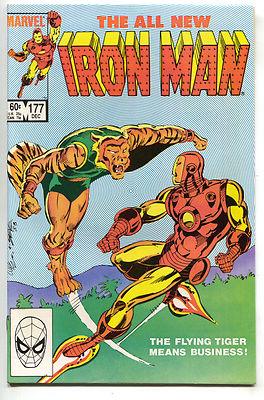Exploring the Legacy of Luke Cage: Marvel’s Harlem Hero

Introduction
Luke Cage, a character from Marvel Comics, has risen to significant prominence since his first appearance in 1972. As a superhero with indestructible skin and superhuman strength, Cage has become a symbol of resilience and empowerment, particularly within the African American community. His origin story and heroic deeds resonate with broader social issues, making him an important figure in modern pop culture.
Background and Evolution
Created by writer Archie Goodwin and artist George Tuska, Luke Cage was initially introduced as a blaxploitation character during a time when representation was sorely lacking in mainstream media. His character debuted in Luke Cage, Hero for Hire, a comic that explored urban life and the struggles of Harlem residents. Over the years, Cage transitioned from a blaxploitation stereotype into a multi-faceted character, deepening his narrative and significance.
Recent Developments
In 2016, Luke Cage was catapulted back into the limelight with the Netflix series of the same name. This series not only showcased his superhuman abilities but also tackled issues such as systemic racism, poverty, and the gentrification of Harlem. The show was critically acclaimed, praised for its direction, performances, and engagement with socio-political themes. However, despite its success, Netflix canceled the series after two seasons, leading to debates about representation and the future of superhero shows on streaming platforms.
Impact on Culture
Luke Cage’s cultural impact extends beyond the screen. He has become an icon, often referenced in discussions about diversity in media. His character challenges the traditional norms of superhero narratives, providing a voice to communities that are often marginalized. The musical elements in the series, underscored by a soundtrack featuring artists from hip-hop to soul, further cement Cage’s connection to the cultural fabric of Harlem.
Conclusion
The legacy of Luke Cage continues to thrive as discussions surrounding representation in the media grow. His narratives are significant not just for their entertainment value but also for the social commentary they provide. As audiences demand more diverse storytelling, Luke Cage remains a pivotal figure in advocating for change within the superhero genre. Moving forward, it will be interesting to see how his character evolves and how future adaptations will engage with the issues he represents.
